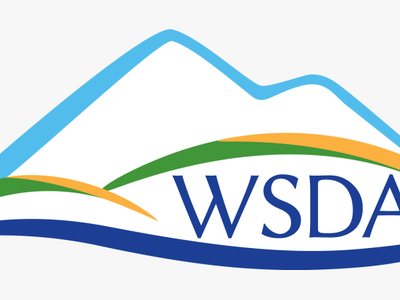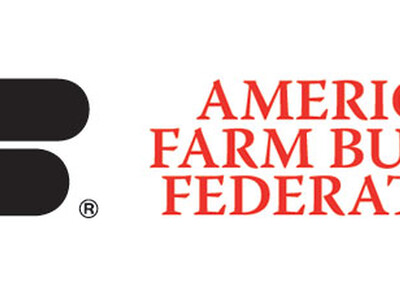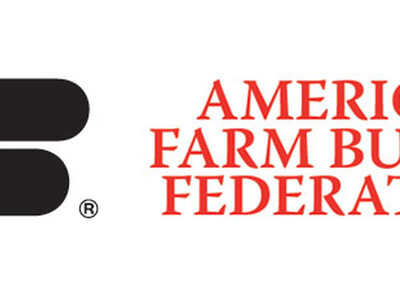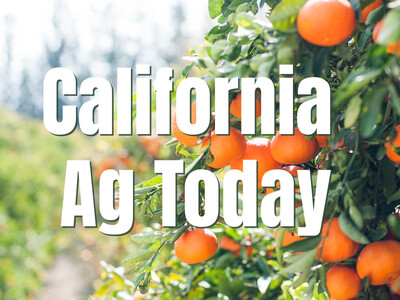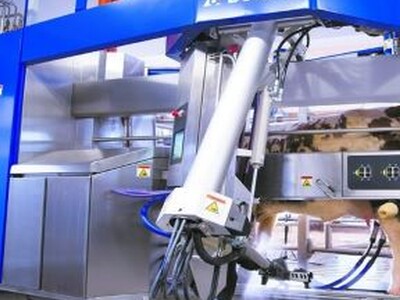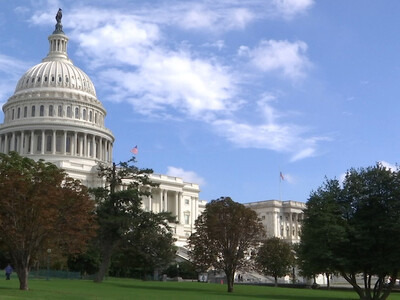Transforming U.S. Energy Infrastructure
Transforming U.S. Energy InfrastructureI'm Lacy Gray with Washington Ag Today.
Ever increasing rail shipments of crude oil around the country over the last five years has created not only major safety concerns but extreme delays in the delivery of crops and agricultural products to market. During a recent Energy and Natural Resources hearing U.S. Senator Maria Cantwell addressed such concerns with Department of Energy Secretary Ernest Moniz, referring to a USDA Agriculture Marketing Service report.
CANTWELL: Crude oil now competes with other commodities more traditional transportation by rail. The report explicitly states that these recent unexpected shifts in supply and demand for rail service has resulted in disruption to agriculture shipments quote "exceeding even those caused by Hurricane Katrina".
In 2014 Cold Train, a then Washington state ag shipper in Quincy, announced that it had suspended rail service because of increasing delays on rail lines and the near doubling of transit times, due largely in part to oil trains shipping Bakken crude oil from North Dakota.
In March, U.S. Senators Cantwell, Murray, Baldwin and Feinstein introduced the Crude-By-Rail Safety Act of 2015, which requires the Pipeline and Hazardous Materials Safety Administration to establish new regulations to mitigate the volatility of gases in crude oil shipped via tank car. It also would immediately halt the use of older-model tank cars that have been shown to be at high risk for puncturing and catching fire in derailments.
That's Washington Ag Today.
I'm Lacy Gray with the Ag Information Network of the West.




